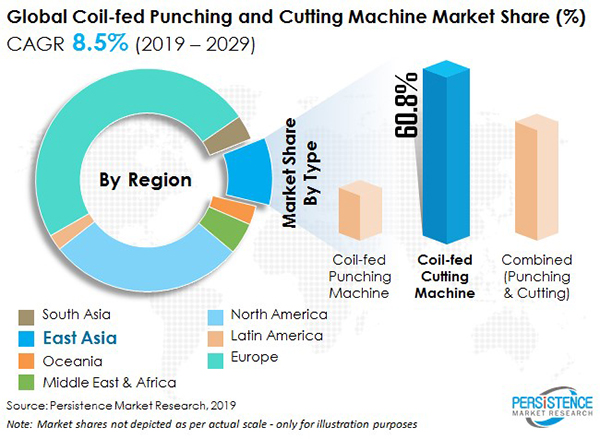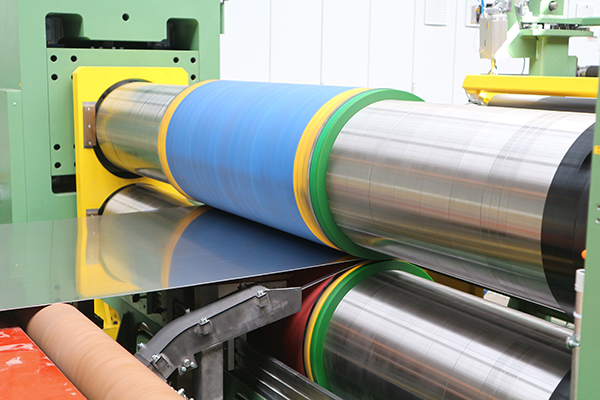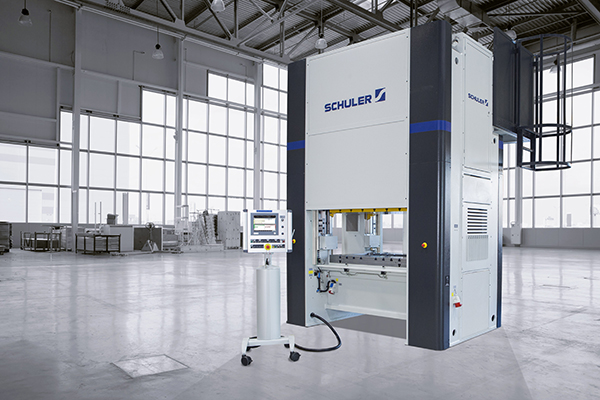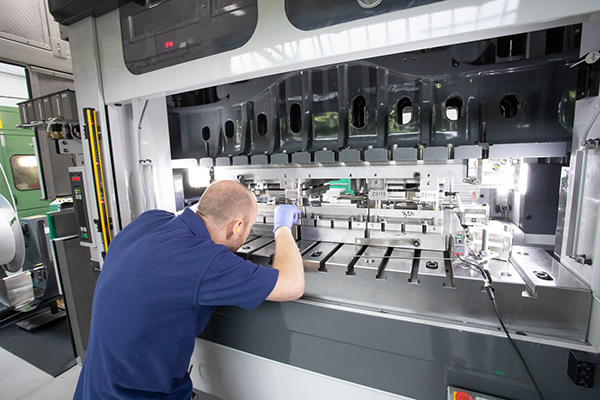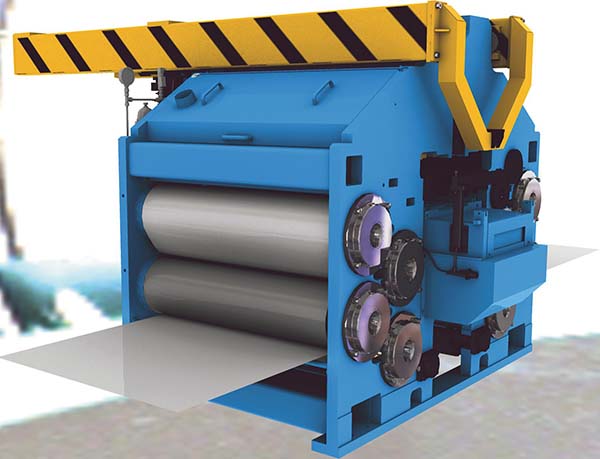According to a new report by Persistence Market Research, the global coil-fed punching and cutting machine market is projected to witness significant growth owing to modular automation solutions.

In addition, coil-fed punching and cutting machines answer the rising need for the reduction of scrap and high productivity, and notable opportunities in electronics and consumer goods applications.
The global coil-fed punching and cutting machine market was pegged at US$ 66.1m in the year 2018, but is expected to expand at a CAGR of 8.5% during the period of 2019 to 2029.
Demand for coil-fed punching and cutting machines has been driven by swelling investments in sectors such as automotive, consumer goods and electronics. Further, the replacement of punching and cutting machines with coil-fed equivalents for reducing material loss is expected to drive growth of the latter. The market is significantly led by a few multinational players, with the top seven players accounting for more than 80% of global market share. Manufacturers of
coil-fed punching and cutting machines are mostly based in Italy, the US, China, Japan and Germany.
The global coil-fed punching and cutting machine arena is a low-volume, high-value market and, due to its high capital investment, has not grown as per its industrial potential. In the past three to five years, end users in developing economies have depended mostly on standard sheet metal punching and cutting machines. During the forecast period, it is expected that the global coil-fed punching and cutting machine market will experience significant growth in installation in developing economies, due to factors such as reducing labour and raw material costs.
For further information www.persistencemarketresearch.com







